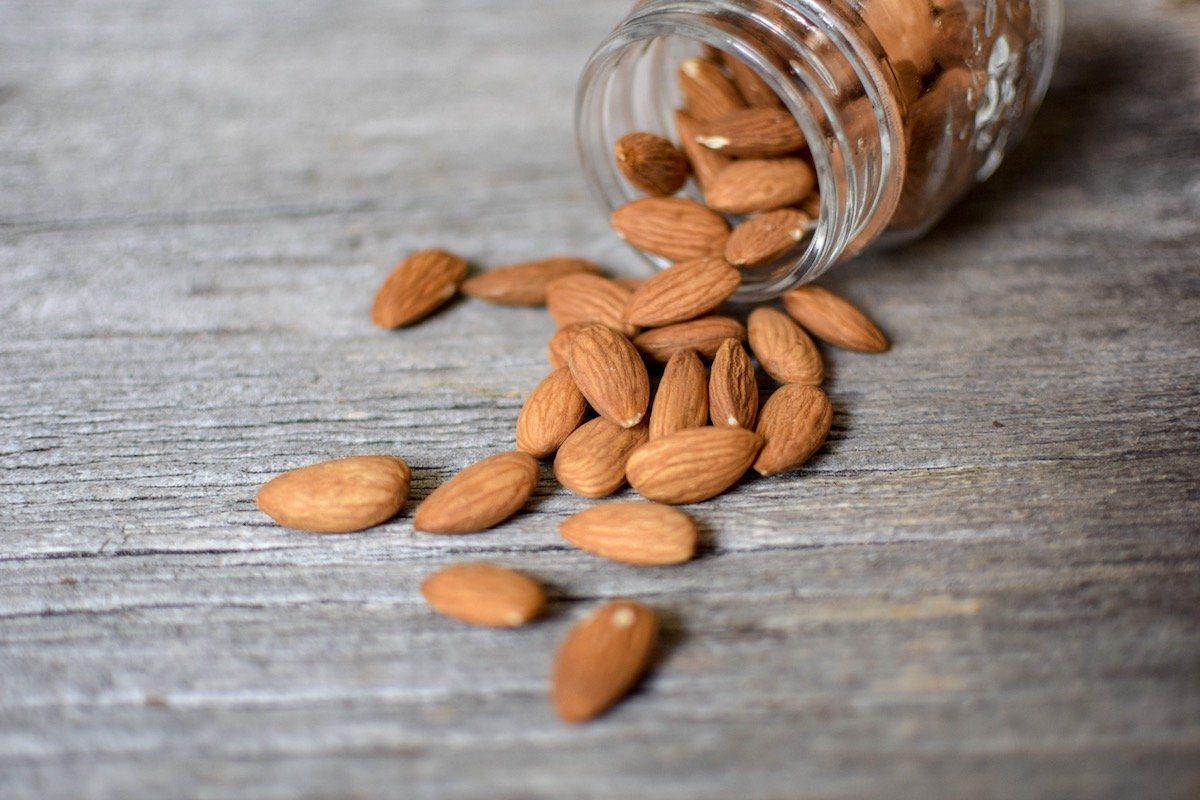
Dear Ruthy, What are activated nuts and how in the world do you activate them?
Nuts (and seeds, legumes and grains) are nutritional powerhouses, but we can’t unlock all of their goodness in their natural form. These wonderful foods contain natural enzyme inhibitors and anti-nutrients — substances that interfere with the body’s ability to absorb nutrients. One example is phytic acid which ensures the nuts’ survival by protecting them in the ground from insects and microbes, and preventing germination until the soil has enough moisture from rainfall. Think about it like this: just like porcupines have quills and skunks spray, these foods have anti-nutrients to protect themselves.
Unfortunately, these enzyme inhibitors are toxic for our digestive system in larger amounts, and if they’re not neutralized they can inhibit our digestive enzymes and cause a bit of havoc in our gut. You might have noticed a lot of bloating or other forms of digestive upset when you eat large amounts of nuts and seeds. Anti-nutrients also inhibit the absorption of minerals such as calcium, copper, magnesium, iron and zinc.
But there’s a fix! Soaking nuts and seeds in warm salted water “activates” the beneficial enzymes that then neutralize the enzyme inhibitors, making the foods easier to digest and unlocking vital nutrients. (You can also activate legumes and grains in a warm acidic water solution using diluted lemon juice or apple cider vinegar). Different nuts, seeds, legumes and grains have different ideal soak times, and a great resource for the down and dirty on this is Sally Fallon’s book Nourishing Traditions. You can also find tips on various websites and blogs.
Unless you’re going to use your activated nuts and seeds right away, refrigerate them in a jar for a few days or freeze them in an airtight container for months. You can also dehydrate them to remove their moisture (and they’re so delicious when crunchy!) and store them in a sealed jar in your pantry. A dehydrator set to 105F is ideal as all the living enzymes stay intact at this temperature, but an oven set on its lowest heat works as well.


Ruth Elnekave is a Toronto-based chef, holistic nutritionist, culinary instructor, recovering corporate lawyer and founder of JOYÀ. Her projects are fuelled by one main goal: to spread the pure joy and wellbeing experienced when sharing and savouring delicious, real food.
